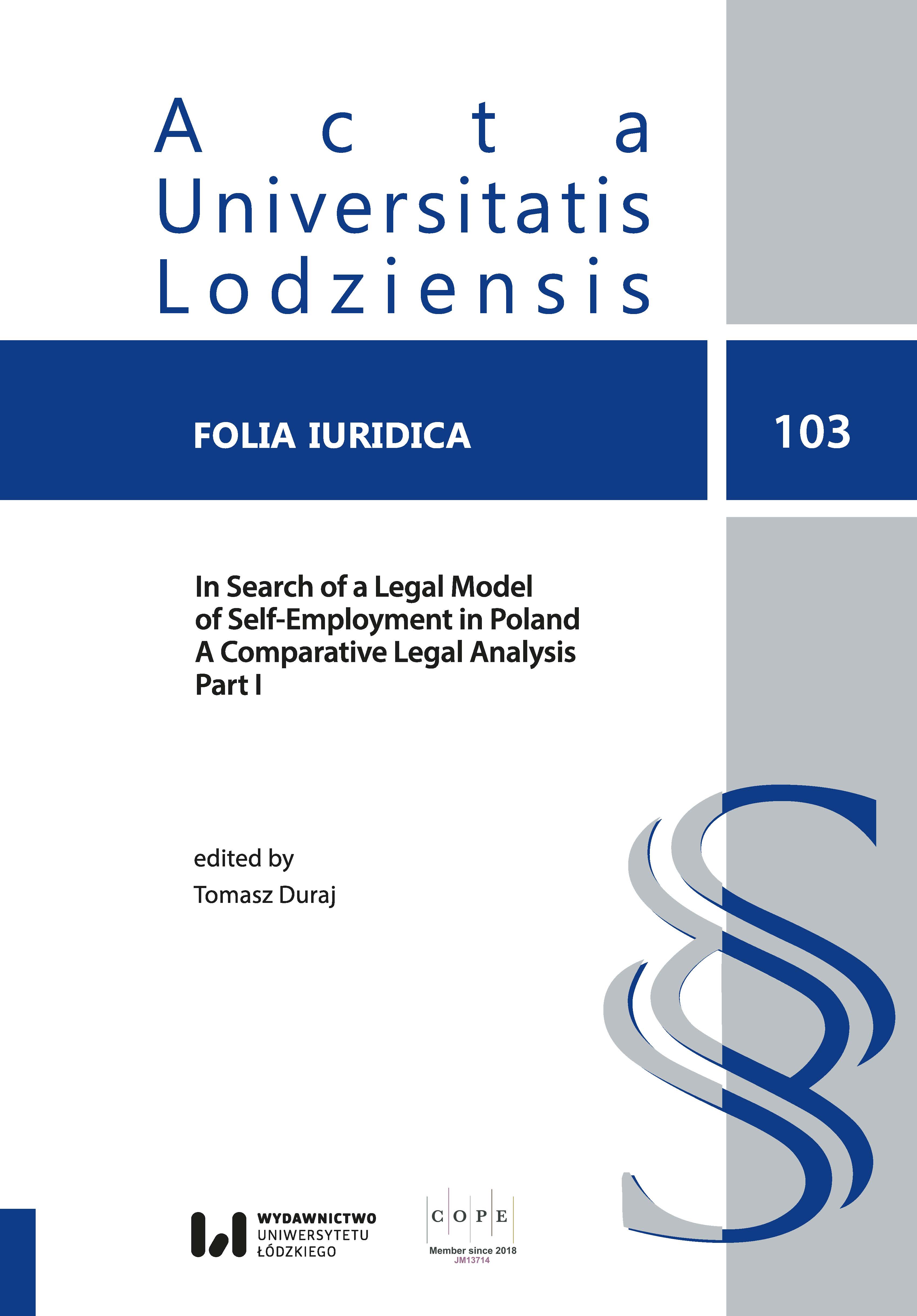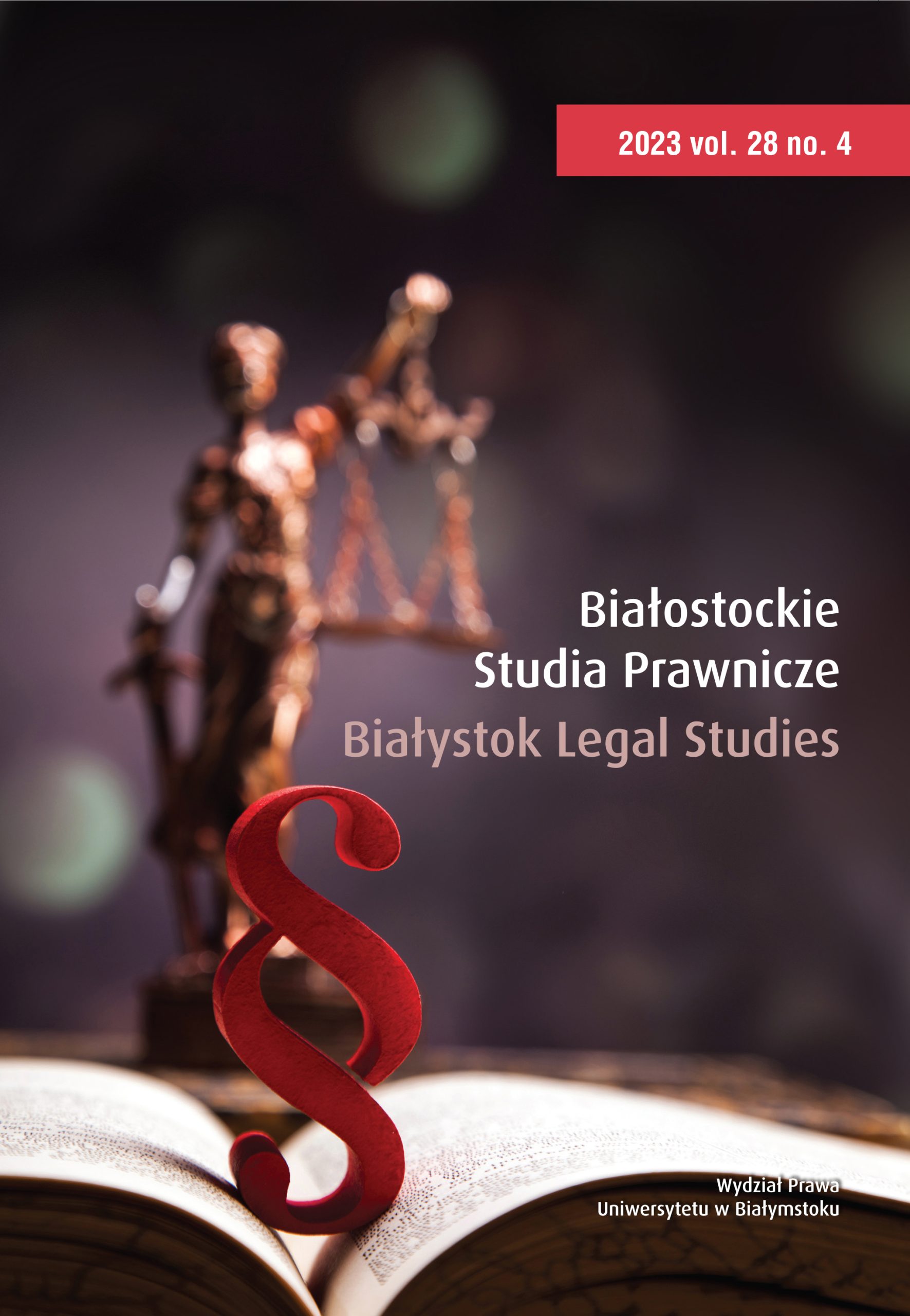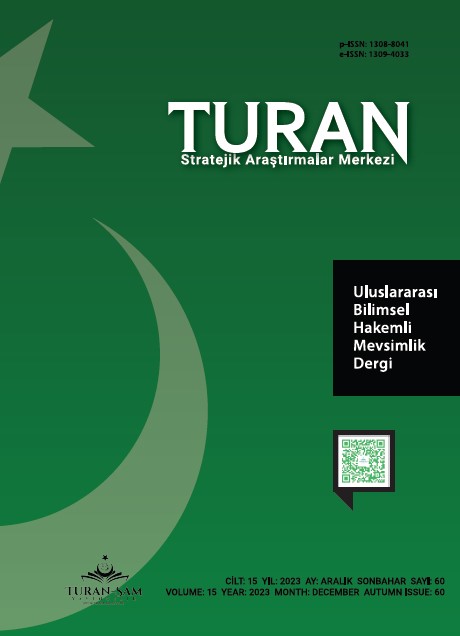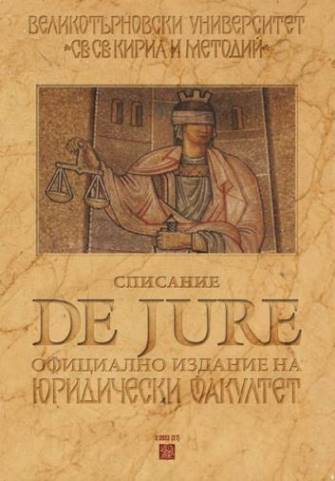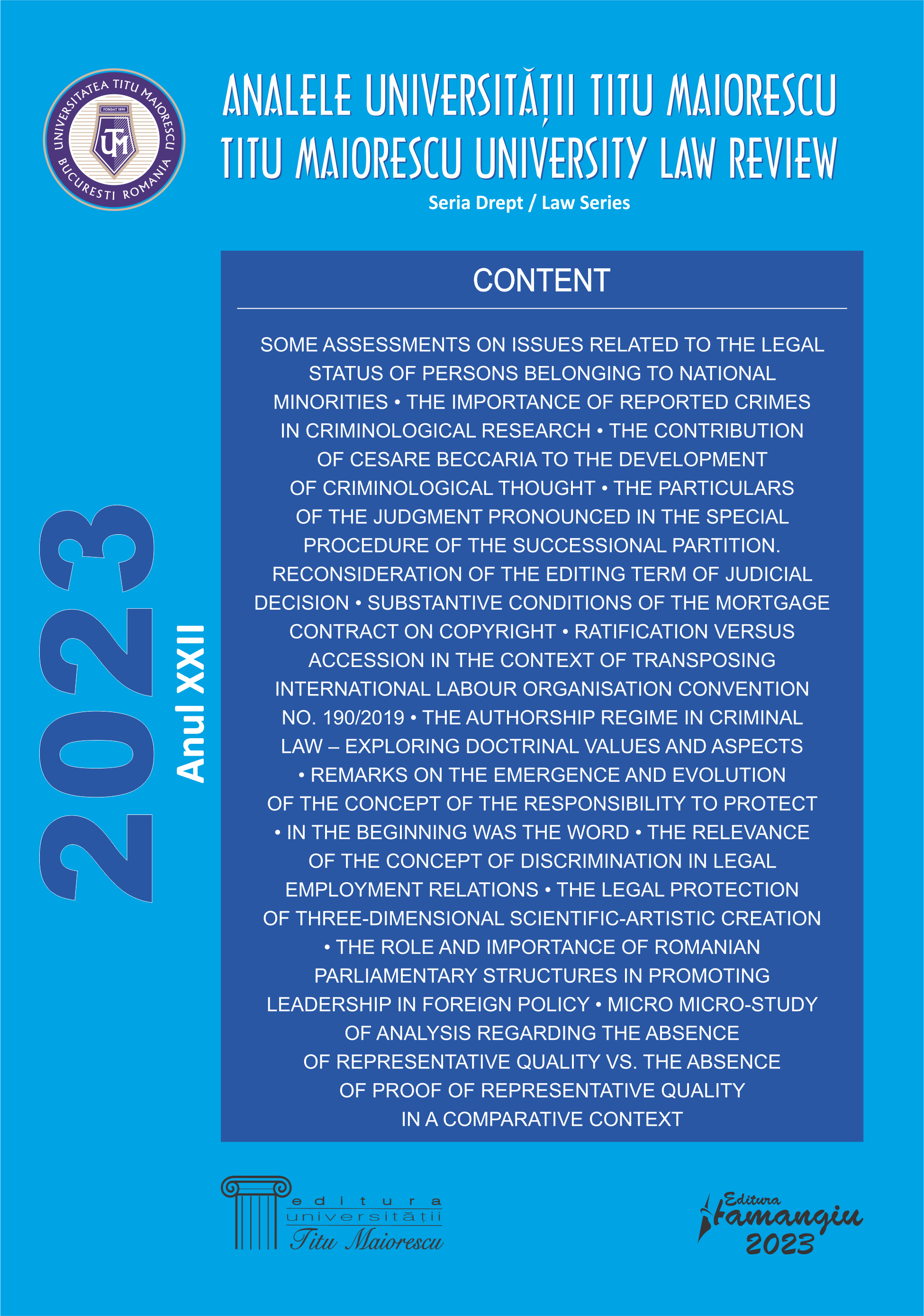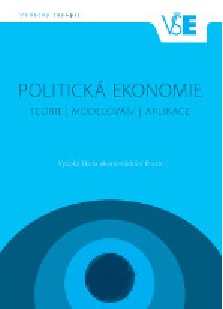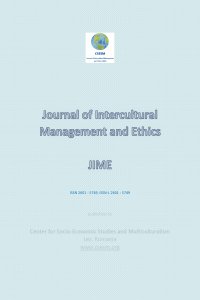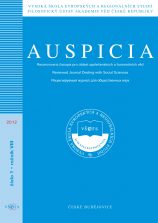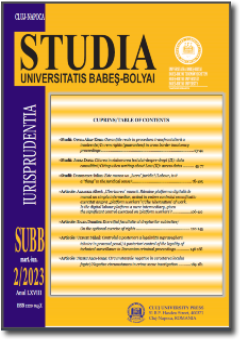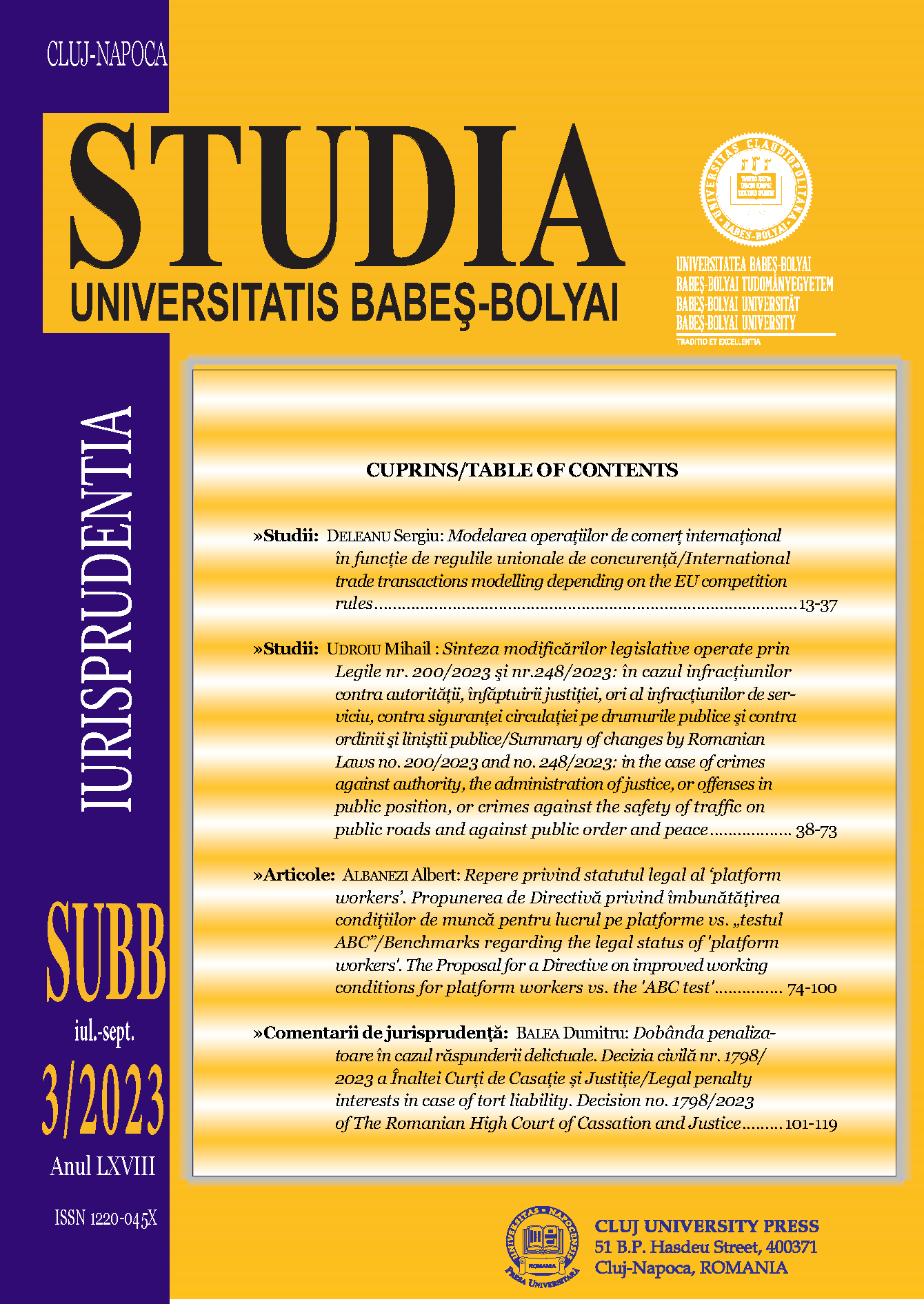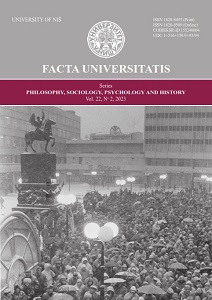
SUSPENSION OF THE INDIVIDUAL EMPLOYMENT CONTRACT IN THE CASE OF MATERNITY LEAVE OR IN THE CASE OF MATERNAL RISK LEAVE IN THE ROMANIAN LEGISLATION
Legal suspension of the individual employment contract can occur in several situations provided by the law. Legal suspension of the individual employment contract does not imply its termination. The contract resumes automatically after the end of the suspension period, without the need for a new agreement between the parties. However, it is important that the employer and the employee comply with the legal provisions and are aware of their rights and obligations during the suspension. The individual employment contract can be suspended in the case of maternity leave and maternal risk leave in accordance with the specific labor legislation in Romania. In Romania, the duration of maternity leave is 126 calendar days (42 days before the birth and 84 days after the birth). If the birth is multiple or if there are medical complications, this leave can be extended. The individual employment contract of the woman who is on maternity leave is suspended during this leave. During the suspension, the employee is entitled to a maternity allowance. The employer cannot denounce or terminate the individual employment contract during the maternity leave. Maternal risk leave is granted to pregnant women in risk situations for their health or that of the fetus. It is necessary to present a medical certificate attesting the necessity of this leave. The individual employment contract can be suspended in the case of maternity leave for the period indicated in the medical certificate issued by the specialist doctor. The employee is entitled to a maternity risk allowance. The employer cannot terminate or terminate the individual employment contract during the maternity leave. In both cases, the employer must respect the rights of the pregnant woman or mother in accordance with Romanian labor and social insurance legislation. Any discrimination or violation of these rights is prohibited.
More...
